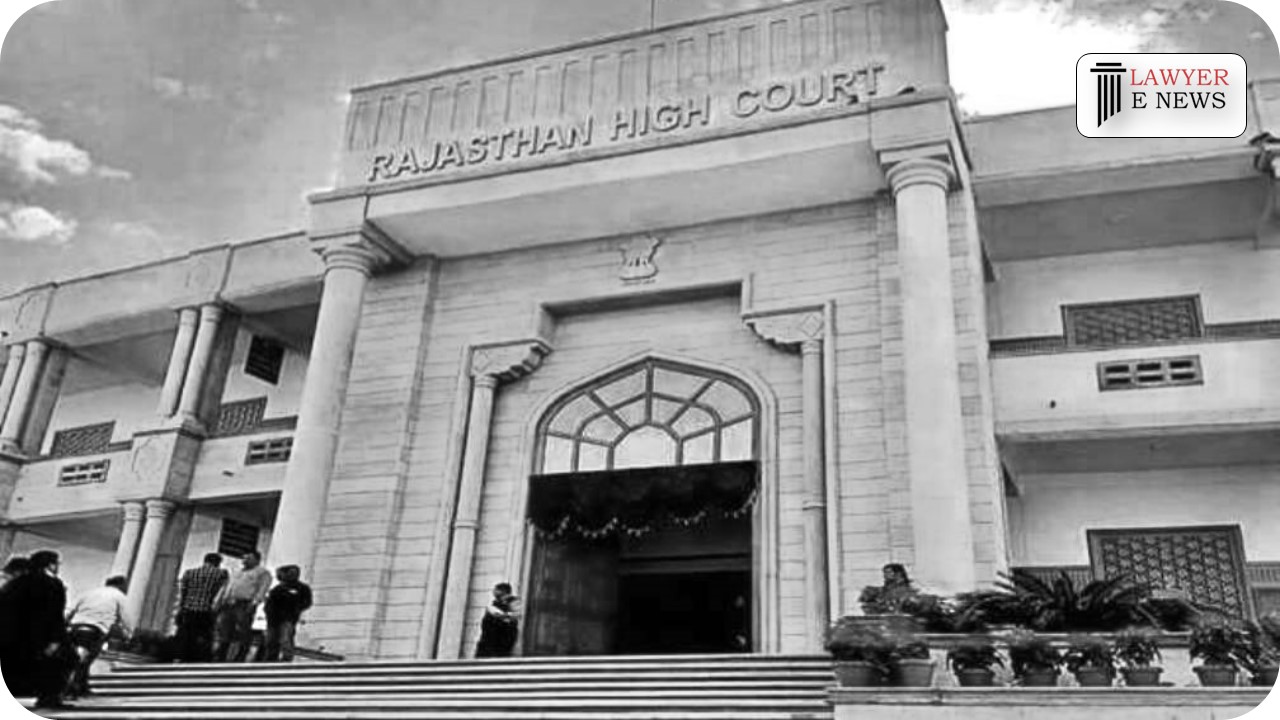-
by Admin
15 February 2026 5:01 PM



Court emphasizes immediate implementation of Food Safety and Standard Act, 2006, and robust public awareness campaigns.
The Rajasthan High Court, under the aegis of Justice Anoop Kumar Dhand, has initiated a suo motu action to tackle the pressing issue of food adulteration. Highlighting the severe health risks posed by adulterated food, the court issued interim directions to ensure the effective implementation of the Food Safety and Standard Act, 2006. The court underscored the constitutional mandate to provide safe and healthy food, drawing on Articles 21 and 47 of the Indian Constitution.
The case, titled "Suo Moto: In Re: Public Health – Protect the Present and Safeguard the Future from Food Adulteration," addresses the alarming rise in food adulteration, a practice that threatens public health. Various reports and studies have shown a significant increase in food adulteration, leading to serious health issues, including cancer and organ failure. The court took cognizance of this issue, emphasizing the need for immediate and robust action from both Central and State Governments.
Justice Anoop Kumar Dhand emphasized the constitutional right to life, which inherently includes the right to safe and healthy food. The court highlighted the responsibilities outlined in Article 21 and Article 47 of the Constitution, mandating the state to ensure public health and safety.
The judgment noted the critical role of medical evidence in corroborating the severe health impacts of adulterated food. The court referred to multiple studies and reports indicating a rise in cancer and other life-threatening diseases linked to food adulteration.
The court scrutinized the Food Safety and Standard Act, 2006, noting that while it provides a comprehensive framework for food safety regulation, its implementation remains inadequate, especially in unorganized sectors. "The laws are descriptive, but the implementation is still at its beginning stage," the judgment stated, urging both Central and State Governments to enhance enforcement and infrastructure.
The court's legal reasoning was rooted in the constitutional mandate to protect public health. The judgment referenced several landmark cases, including Ramanarayan Popli v. CBI and P.K. Narayanan v. State of Kerala, to underline the judiciary's role in upholding citizens' fundamental rights. The court issued detailed interim directions to ensure stringent enforcement of food safety regulations and increase public awareness.
Justice Dhand remarked, "Under Article 21 of the Constitution of India, the Fundamental Right to Life includes safe and healthy food. The adulteration of food affects this fundamental right, and it is the duty of the state to ensure public health and safety."
The Rajasthan High Court's proactive stance on food adulteration marks a significant step towards safeguarding public health. By emphasizing the constitutional right to safe and healthy food, the judgment sets a precedent for future cases and underscores the need for rigorous implementation of food safety laws. The interim directions issued by the court aim to enhance food safety monitoring, improve testing infrastructure, and raise public awareness, thereby laying the groundwork for a healthier future.
Date of Decision: July 1, 2024
Suo Moto: In Re: Public Health – Protect the Present and Safeguard the Future from Food Adulteration VS Union of India and Others
